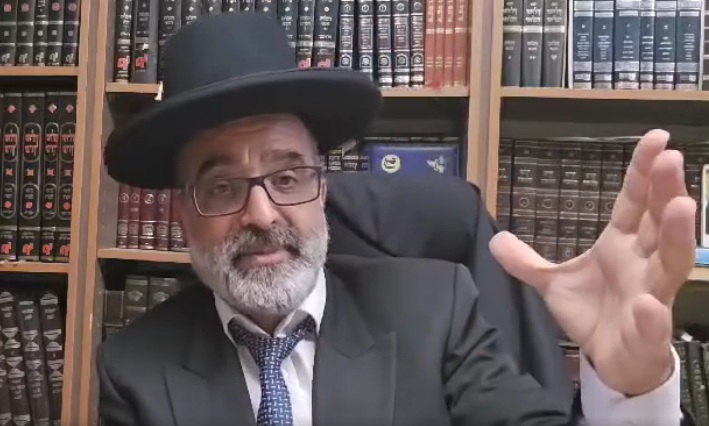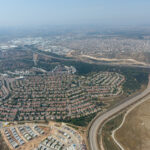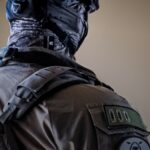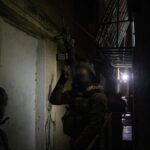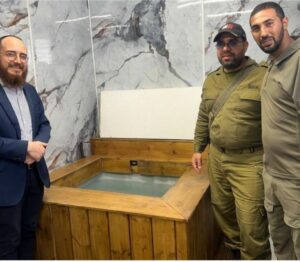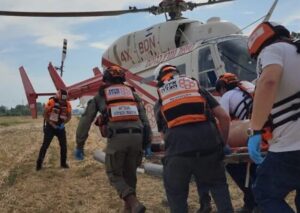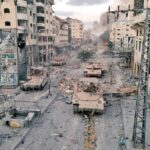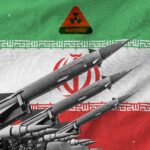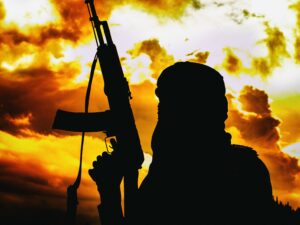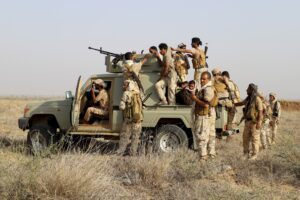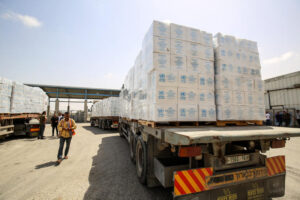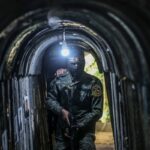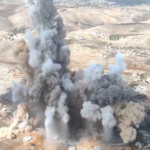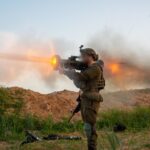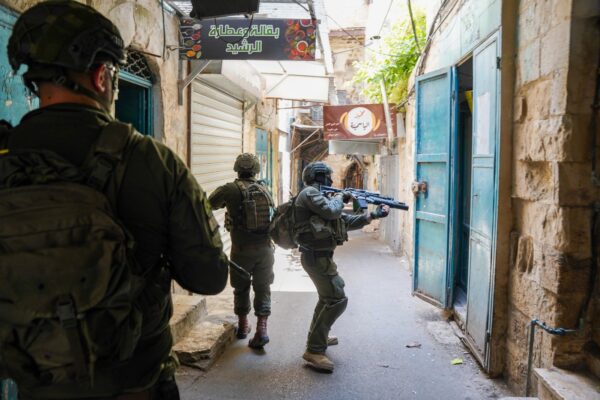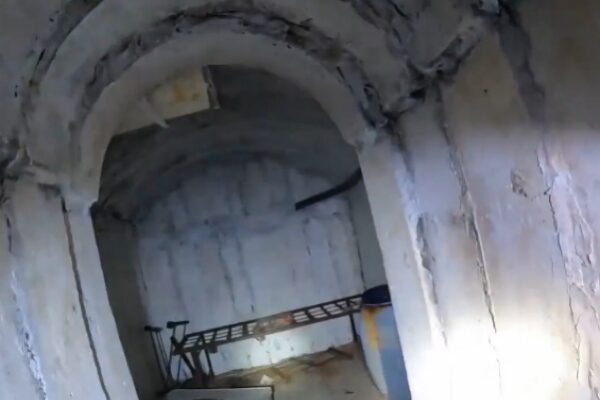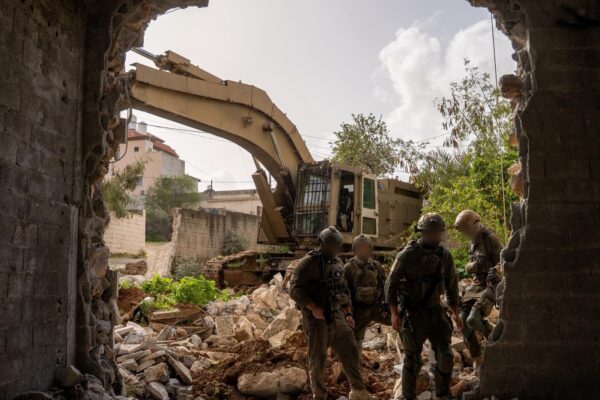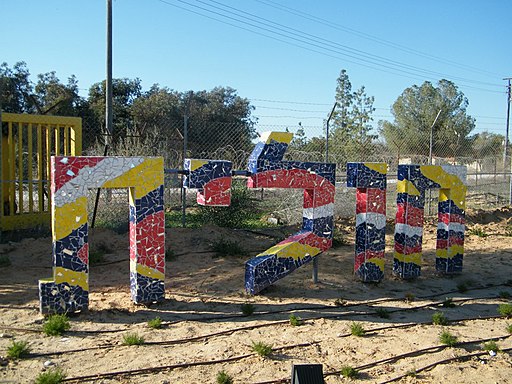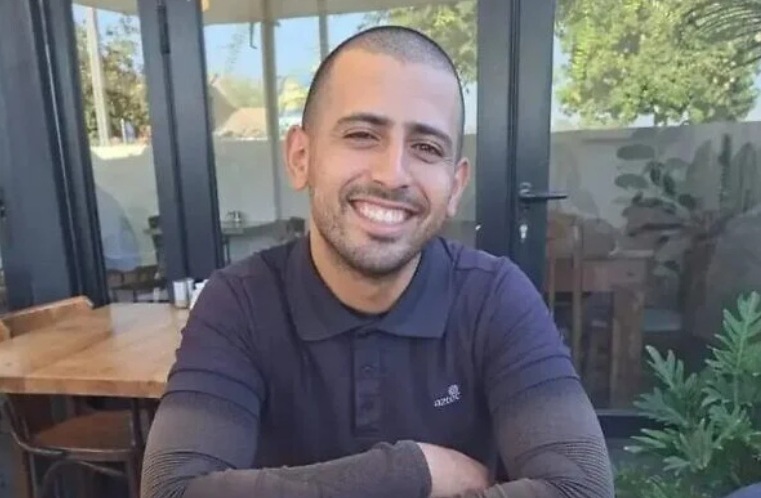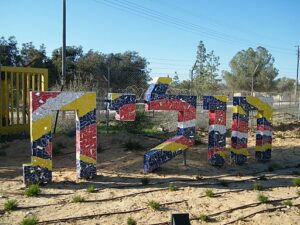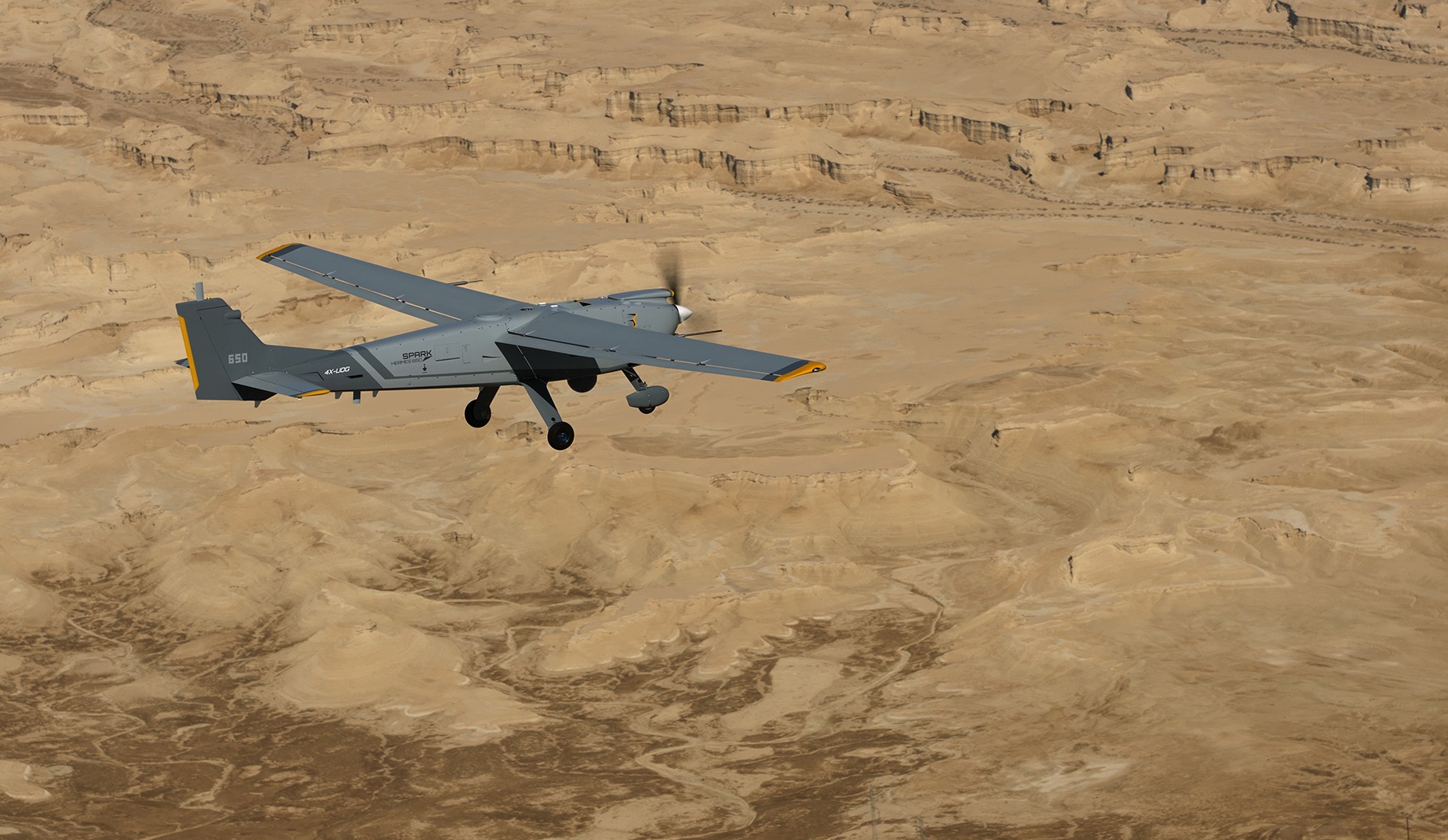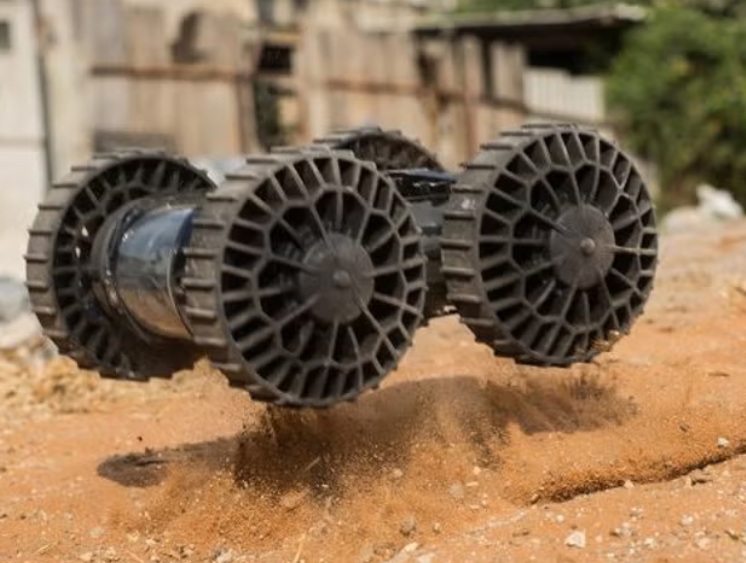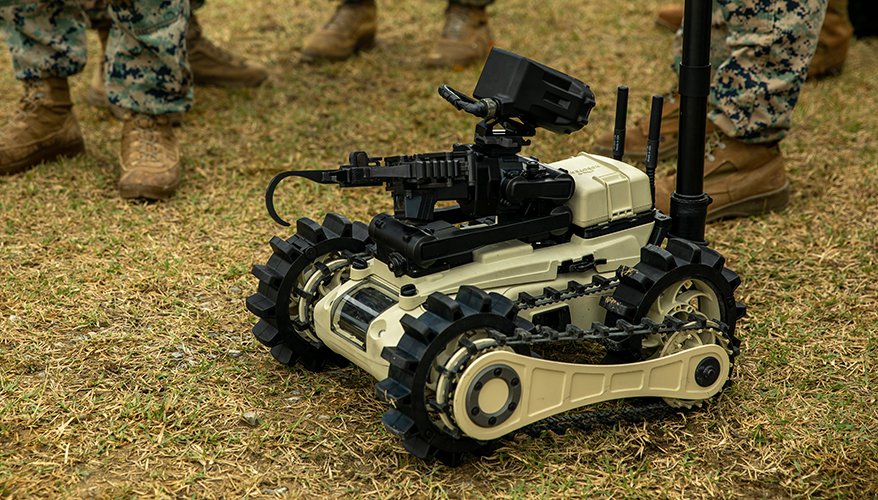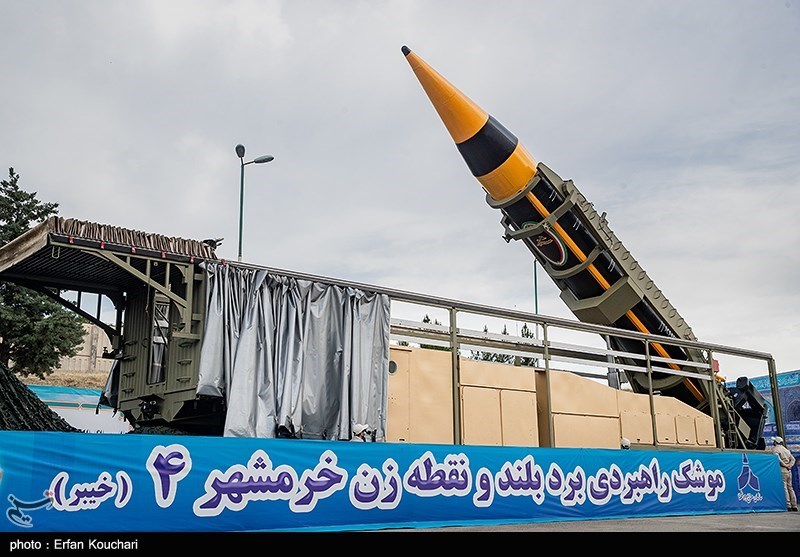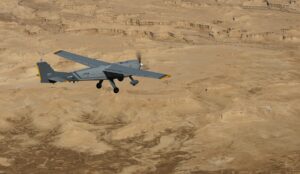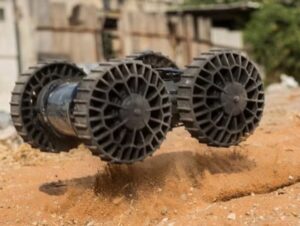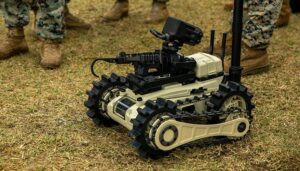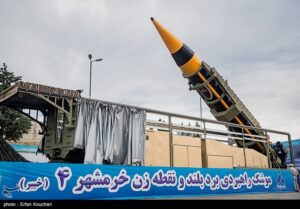The public even coined a new verb, “lezarbev” (“to Zarbiv”), meaning the systematic demolition of terrorist infrastructure.
By Hezy Laing
Rabbi Avraham Zarbiv, a 52-year-old dayyan (religious judge) from Tel Aviv and father of ten, has risen to prominence in Israel for his active service during the Israel-Gaza war despite being exempt due to his age.
He gained widespread attention for his role in the demolition of Gaza buildings, reportedly averaging 50 structures per week with an armored D9 bulldozer.
Buildings in Gaza pose significant threats to IDF soldiers due to a combination of tactical, structural, and humanitarian dangers.
Dozens of soldiers have been killed in booby-trapped structures, targeted by terrorists hiding within them, or caught inside when Hamas launches missiles that collapse the buildings above them.
In early May 2025, the organization “Mothers of the Fighters” appealed to the Prime Minister and security leadership, urging a shift in the IDF’s operational approach in Gaza.
They demanded the complete destruction of enemy infrastructure to prevent Hamas from continuing to operate from civilian buildings.
Zarbiv’s actions and statements—particularly televised interviews in which he described the leveling of neighborhoods such as Jabalia and Rafah—have sparked admiration among many Israelis.
The public even coined a new verb, “lezarbev” (“to Zarbiv”), meaning the systematic demolition of terrorist infrastructure.
Having served as a reservist during the Iron Swords War, Zarbiv joined a special demolition unit formed by the Givati Brigade.
Despite lacking prior experience, he volunteered to operate a D9 bulldozer.
Over time, he developed a unique technique for toppling large multi-story buildings by rocking the structure with the bulldozer’s blade.
To maximize efficiency, he purchased tools to repair common mechanical issues on-site, avoiding delays that would require sending the bulldozer back for maintenance.
Throughout the war, Zarbiv recorded and shared videos from inside Gaza.
These included prayers for safe travels, battlefield prayers, and Torah readings from the weekly parashah—all interwoven with footage of building demolitions.
The videos drew significant media attention, and his presence became emblematic of the war effort, with supporters saying his work reduced the risk to IDF troops.
Just last week, Zarbiv’s bulldozer struck a landmine and exploded—but miraculously, he emerged unharmed.


